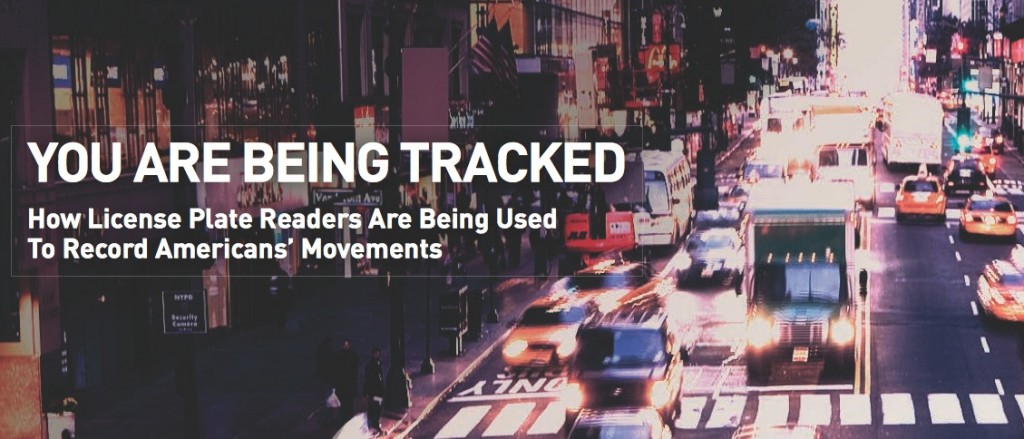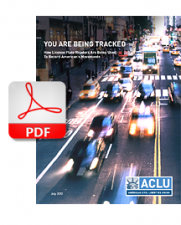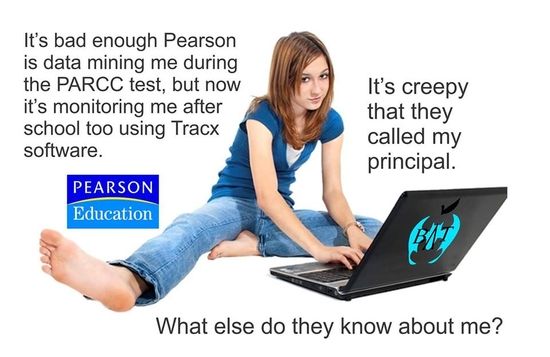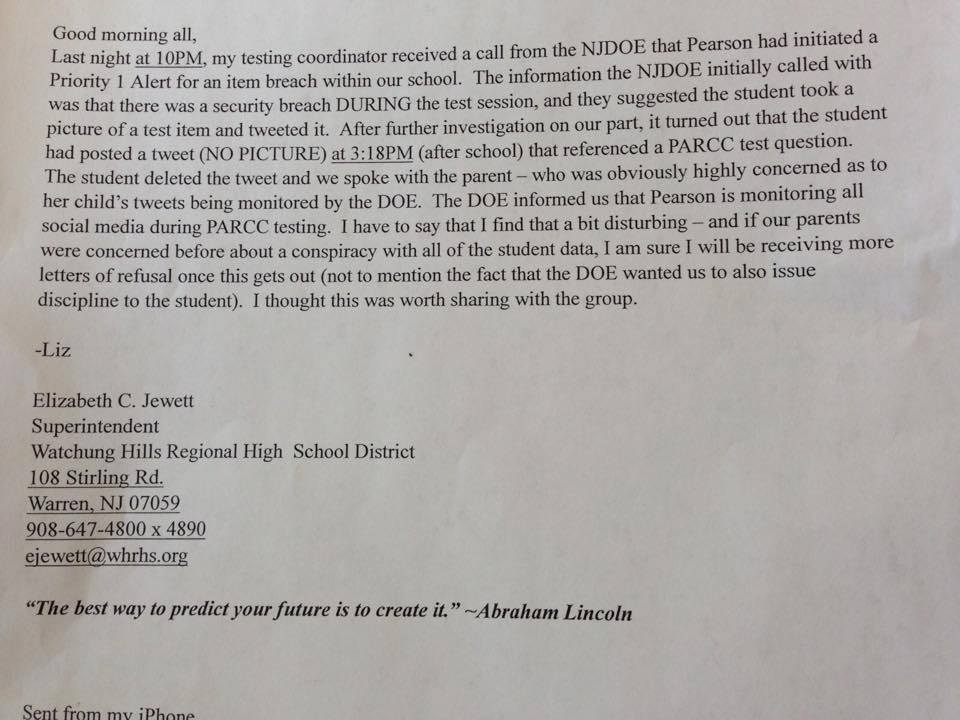
I’ve been really thinking about a Facebook friend’s earlier post, saying she feels exposed by having 822 friends and will start deleting some in order to get more privacy. I just had to reply to the privacy issue and afterwards, realized that my assertions needed to be backed up by reliable data. “I must say,” I commented to my friend, “I find it strange that you would play a game on Facebook or post anything here and voice concerns about privacy,” and followed that with my first information point: “Facebook sells your data to game creators – this is a well-known fact.”
Some of the most widely used apps on Facebook —the games, quizzes and sharing services that define the social-networking site and give it such appeal—are gathering volumes of personal information. Source: Wall Street Journal
I continued, “Facebook also has ties to the federal government and is probably selling all of our data to the feds – or just giving it away.”
Facebook’s most recent round of funding was led by a company called Greylock Venture Capital, who put in the sum of $27.5m. One of Greylock’s senior partners is called Howard Cox, another former chairman of the NVCA, who is also on the board of In-Q-Tel. What’s In-Q-Tel? Well, believe it or not (and check out their website), this is the venture-capital wing of the CIA. Source: Dennis Howlett on ZDNet.com quoting Guardian Unlimited writer Tim Hodgkinson.
Bet you didn’t know the CIA has a venture capital wing. Wikipedia tells us about In-Q-Tel:
Former CIA director George Tenet says, “We [the CIA] decided to use our limited dollars to leverage technology developed elsewhere. In 1999 we chartered … In-Q-Tel. … While we pay the bills, In-Q-Tel is independent of CIA. CIA identifies pressing problems, and In-Q-Tel provides the technology to address them. The In-Q-Tel alliance has put the Agency back at the leading edge of technology … This … collaboration … enabled CIA to take advantage of the technology that Las Vegas uses to identify corrupt card players and apply it to link analysis for terrorists [cf. the parallel data-mining effort by the SOCOM-DIA operation Able Danger], and to adapt the technology that online booksellers use and convert it to scour millions of pages of documents looking for unexpected results.[6]”
In-Q-Tel sold 5,636 shares of Google, worth over $2.2 million, on November 15, 2005.[7] The stocks were a result of Google’s acquisition of Keyhole, the CIA funded satellite mapping software now known as Google Earth.
As of August 2006, In-Q-Tel had reviewed more than 5,800 business plans, invested some $150 million in more than 90 companies, and delivered more than 130 technology solutions to the intelligence community.[4][8] In 2005 it was said to be funded with about $37 million a year from the CIA.[9]
On top of this, you’re caught on camera (as we all are) many times every day, every time we go anywhere .. even locally.
In Big Brother Britain there is an incredible one CCTV camera for every 32 citizens, a study has revealed … The revelation that 1.85 million cameras are watching our every move confirms the shocking extent of surveillance in 21st century Britain. Source: The Daily Mail (UK)
…pushes to use new surveillance tools in law enforcement are supported with federal dollars Source: New York Times
Even when you’re driving, by Automatic license plate readers. Check out this interactive slideshow that tells the story:
The police are tracking you by license plate and keeping that information for years:
D.C. police are aggressively using small cameras to scan hundreds of millions of license plates annually, storing the images in a database for two years even if the driver is not suspected of having committed any crimes. Source: American University Radio
Mr. Katz-Lacabe isn’t charged with, or suspected of, any crime. Local police are tracking his vehicle automatically, using cameras mounted on a patrol car that record every nearby vehicle—license plate, time and location … “Why are they keeping all this data?” says Mr. Katz-Lacabe, who obtained the photos of his car through a public-records request. “I’ve done nothing wrong.” Source: New Tracking Frontier: Your License Plates
And we’re not only being tracked by government! Private contractors are capturing billions of photos of cars’ license plates, information which they sell to private and government buyers:
Privately owned license-plate imaging systems are popping up in upstate New York — in parking lots, shopping malls and, soon, on at least a few parts of the New York state Thruway. Most surprisingly, the digital cameras are mounted on cars and trucks driven by a small army of repo men … At present that database has 2.3 billion permanent records. Source: License Plate Data Is Big Business (USA Today 02 Nov 2014)
Where we go and who we spend time with is also being monitored by our phone’s GPS signals:
All cell phones register their location with cell phone networks several times a minute, and this function cannot be turned off while the phone is getting a wireless signal. The threat to personal privacy presented by this technology is breathtaking … federal appeals court in Washington, D.C. explained: “A person who knows all of another’s travels can deduce whether he is a weekly church goer, a heavy drinker, a regular at the gym, an unfaithful husband, an outpatient receiving medical treatment, an associate of particular individuals or political groups — and not just one such fact about a person, but all such facts.” Source: Cell Phone Location Tracking Public Records Request (ACLU)
But I got the piece about GPS monitoring capability wrong, “…part of why it’s illegal in the US these days to sell a phone that lacks GPS capability.” That won’t actually be illegal until 2019, by which time mobile phone providers will be required to either provide GPS tracking for both phones and VOIP devices – or be able to do a very sophisticated location pinpointing service of personal communication devices via triangulation, something their current equipment can’t handle well enough:
No date was given for when non-GPS enabled devices must be discontinued, but given FCC estimates that by 2018, 75 percent of all mobile devices will be GPS capable, it is likely that the assumption is the sunsetting of obsolete devices will occur naturally as consumers chuck outdated gadgets for shiny new ones. Source: Tom’s Guide
I added a couple of extra thoughts for my friend to think on, which seem worth sharing here too: “If you want privacy, it’s going to take quite a bit more than unfriending some Facebook people to get it … just throwing in my 2¢ there for what they’re worth (about 2¢, I’m guessing). I know I probably just increased my chances of getting the axe (note: unfriended) by about 4000% but I couldn’t help myself.” And this is true. Privacy is way too important an issue for us to be either quiet over or misinformed about.
More on privacy:
 ACLU Publication: You Are Being Tracked
ACLU Publication: You Are Being Tracked
Many Cameras, Little Privacy ©2013 Washington Post read more
 The Student Heroes of Newark is a phrase coined by Daniel Katz in a Huffington Post article on how Newark, New Jersey students are handling the challenges of being starved by the Christie Administration and Cami Anderson, Newark Schools superintendent for classroom books and even food.
The Student Heroes of Newark is a phrase coined by Daniel Katz in a Huffington Post article on how Newark, New Jersey students are handling the challenges of being starved by the Christie Administration and Cami Anderson, Newark Schools superintendent for classroom books and even food.











